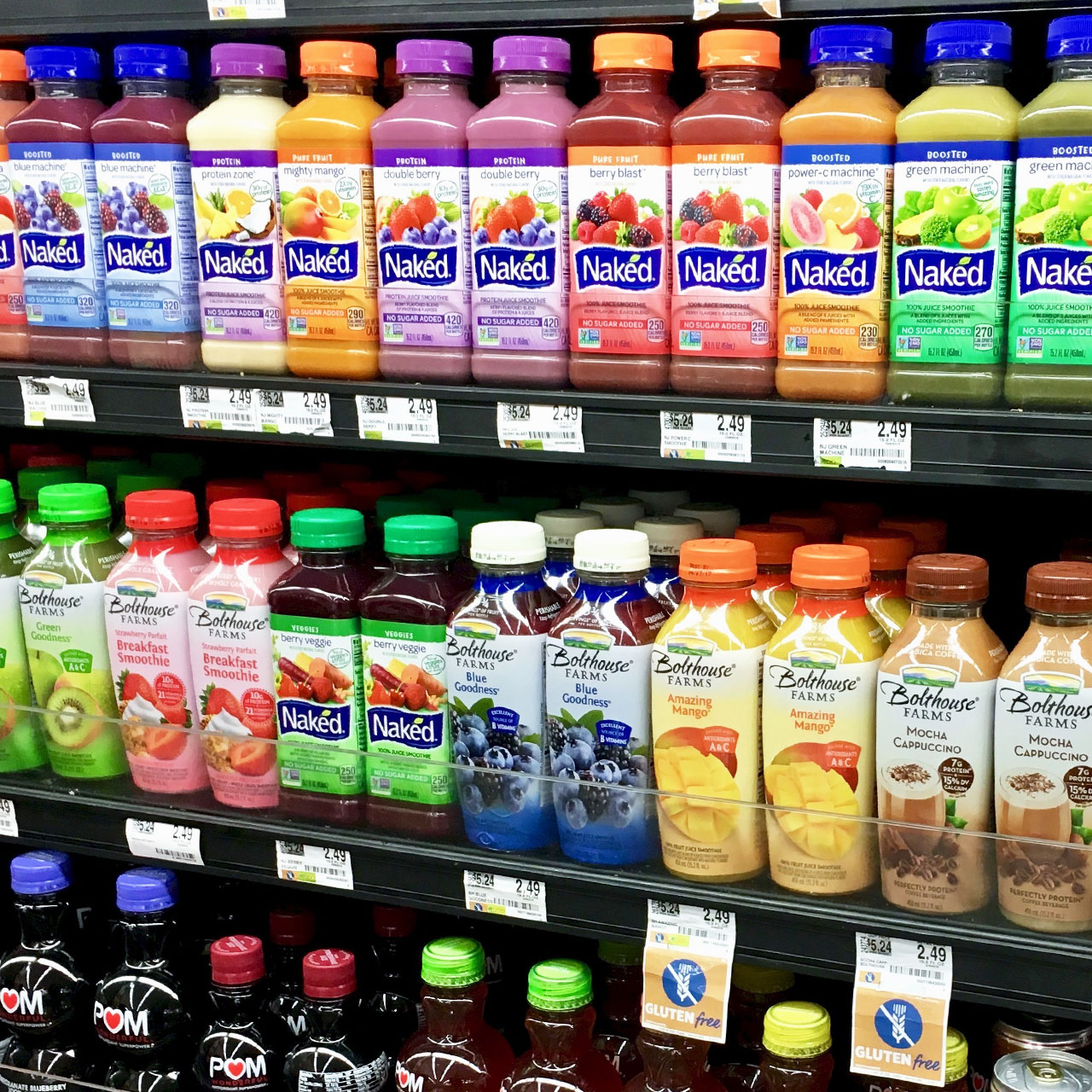When biting into a mozzarella stick (from TGI Friday’s or elsewhere), one might expect the actual titular cheese to be within the fried fast food classic. As reported by the Washington Post, a federal judge ruled late last month that a lawsuit may go on by someone who claims her bags of TGI Friday’s-branded ‘Mozzarella Sticks Snacks’ contained cheddar within them, and not mozzarella.
The shelf-stable crispy food was purchased by Amy Joseph of Illinois, who is claiming that she was misled after realizing that mozzarella was not an ingredient in the treats, which feature a photo of mozzarella sticks on each bag. Here’s what else we know about the lawsuit:
READ MORE: The One Thing You Should Never Order At TGI Fridays, According To An Employee
Today’s lawsuit news: https://t.co/upGkMdpwKz
— Allrecipes (@Allrecipes) December 13, 2022
TGI Friday’s Mozzarella Sticks Lawsuit Timeline
As the Washington Post notes, Judge Robert Dow Jr. issued a ruling on November 28th agreeing that it was a “reasonable interpretation” for Joseph to expect the product she bought to contain mozzarella cheese within it.
Dow did, however, grant the TGI Friday’s request to be dropped from the lawsuit, concurring with the Dallas-based restaurant chain that it was simply a “licensor” who allowed the TGI Friday’s name to be used on the packaging. Dow ultimately permitted the lawsuit to continue with the actual manufacturer of the product— Inventure Foods— as the only defendant.
A federal judge last week ruled that a lawsuit may continue by a woman suing because her bags of TGI Friday’s-branded “Mozzarella Sticks Snacks” contained no mozzarella, only cheddar. https://t.co/8QBtcWuVHe
— The Washington Post (@washingtonpost) December 7, 2022
Judge Dow’s Ruling
Since the snack that Joseph purchased is a shelf-stable product and not frozen, (and often sold next to potato chips and other similar foods), the companies had argued that she should have known that such a product couldn’t actually contain mozzarella. As the Post points out, Dow’s ruling “whey-ed in on this question, parsing the legal aspects of different types of cheese.”
The judge cited a previous decision in which a court found that parmesan was “shelf stable,” and he found merit in Joseph’s argument that “plenty of crunchy, shelf-stable snacks contain other kinds of cheeses,” the Post went on. As Dow wrote himself, “Defendant has not indicated why mozzarella is inherently not shelf-stable.”
A federal judge has ruled that the suit — which claims that TGI Friday’s packaged cheese snacks labeled “mozzarella sticks,” but only contain cheddar cheese — can proceed. https://t.co/mhIpQz8Fqq
— KYW Newsradio – NOW ON 103.9 FM! (@KYWNewsradio) December 7, 2022
Inventure Foods Filing
Inventure Foods deemed Joseph to be a “serial class action plaintiff,” in a filing, as she previously filed 8 similar lawsuits in the last 10 years. They also pointed out that this lawsuit of hers followed a very similar one in New York.
The company also said that it was not made clear what Joseph’s expectations were about the ‘Mozzarella Sticks Snacks,’ which disclose on the back of each package that they do not contain mozzarella.
“It is well-established that a single statement on a product’s label cannot be taken in isolation and the totality of labeling must be analyzed to assess whether a reasonable consumer could be misled,” Inventure’s filing states.
View this post on Instagram
Joseph’s attorney, Thomas Zimmerman, said in a statement to USA TODAY, “We are pleased with the judge’s ruling. The judge agreed with us that the claims in the lawsuit have merit, the case should not be dismissed.” He continued, adding, “We intend to proceed against Inventure Foods on behalf of the nationwide class of purchasers of TGI Friday’s mozzarella sticks.”
Dow wrote that he was initially skeptical of Joseph’s attempts to bring a nationwide class-action lawsuit, but said he felt it was too soon to declare that the litigation would be “unmanageable,” given differences in various state laws.


























